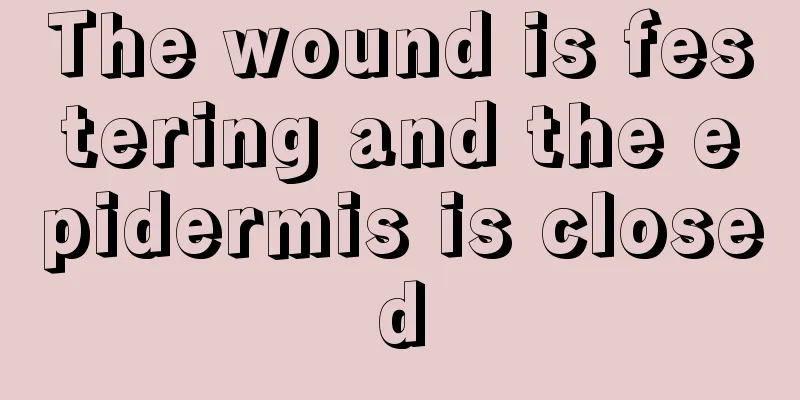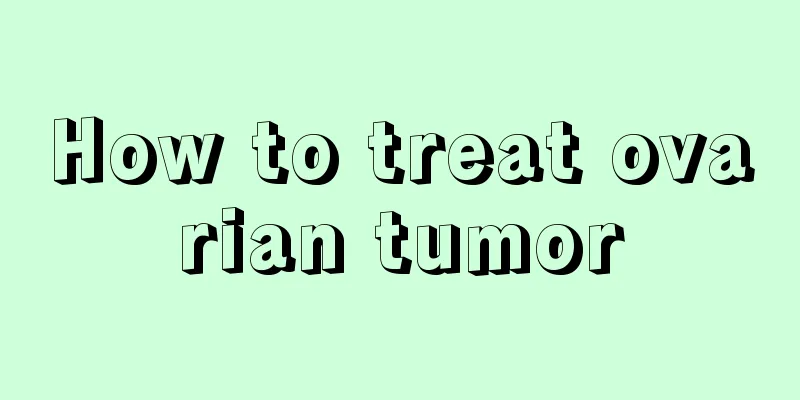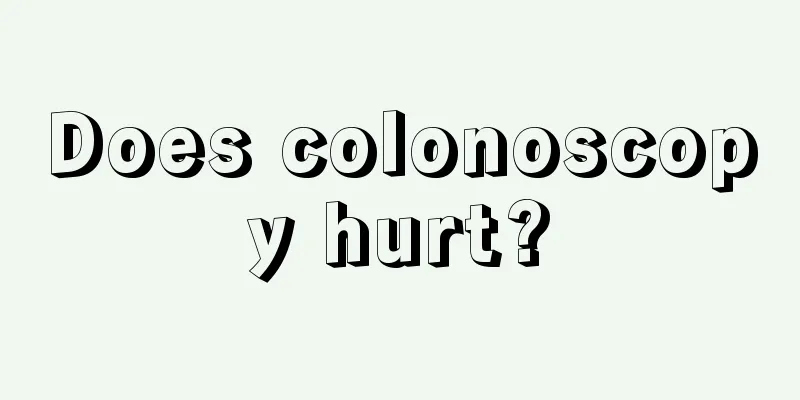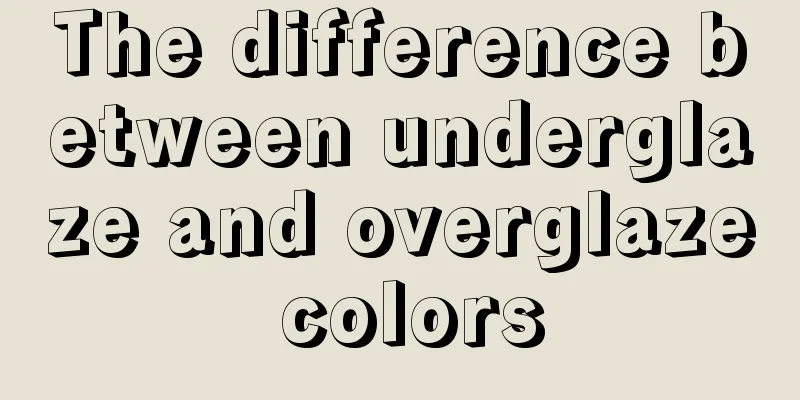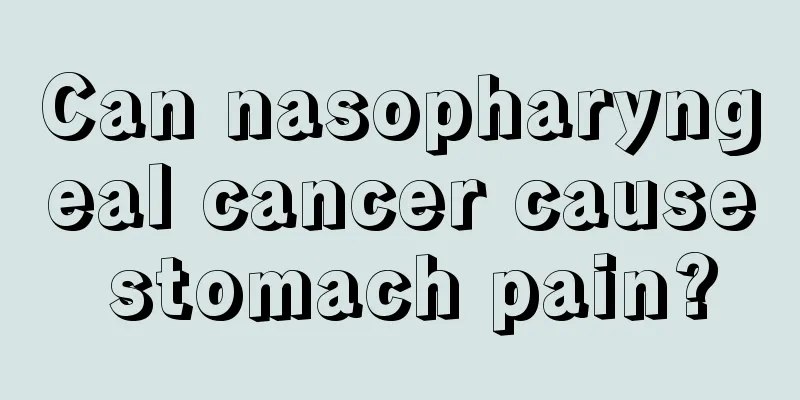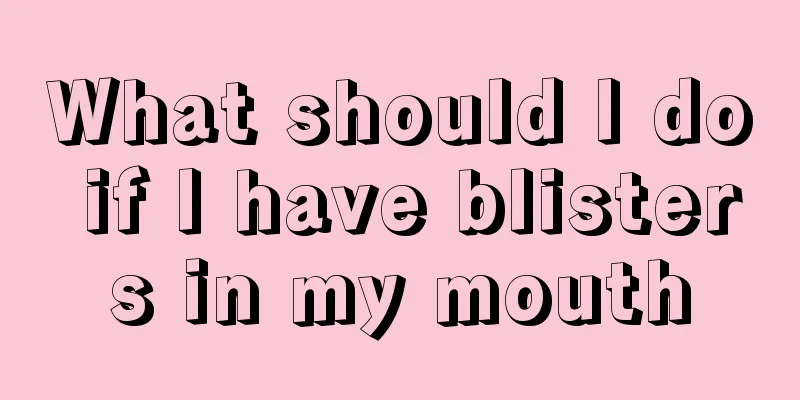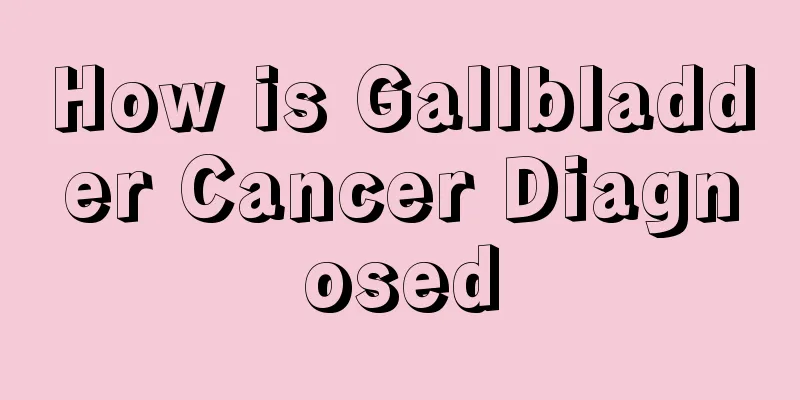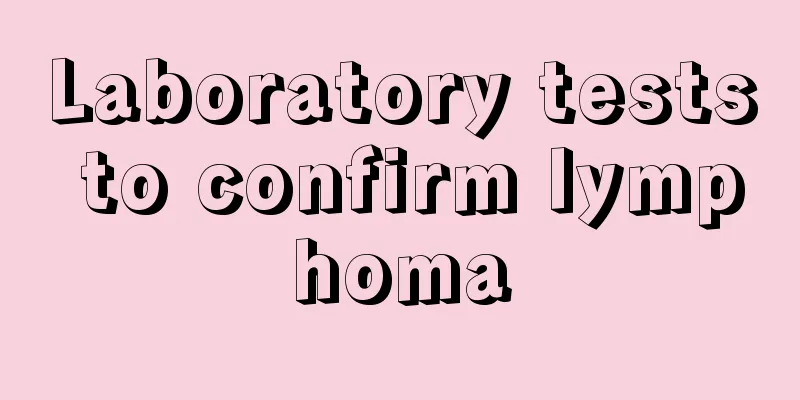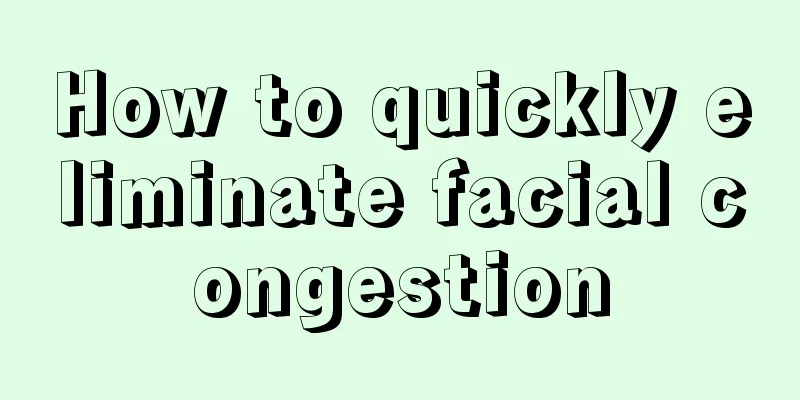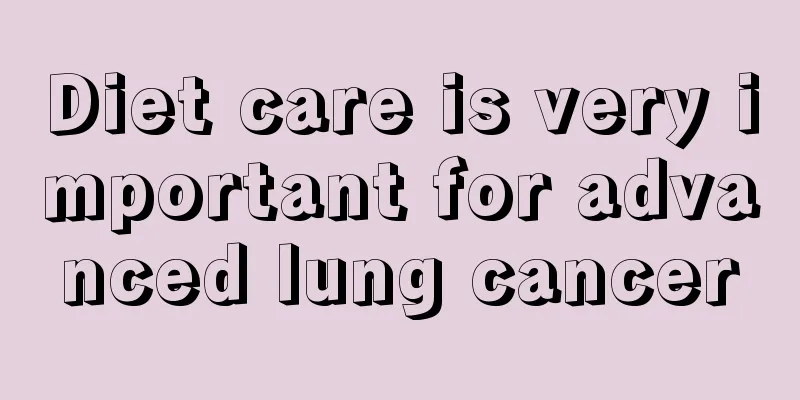Principles of hypertension treatment, 4 principles are indispensable
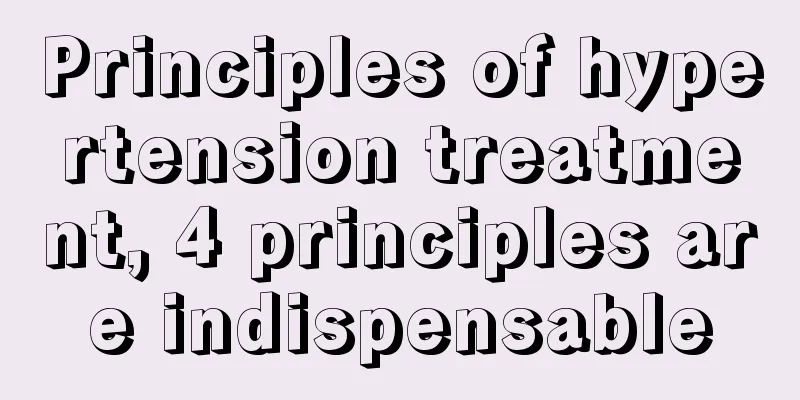
|
Hypertension is a common disease, and many people think that hypertension is a common disease that does not require special treatment. Facts have proved that this idea is extremely wrong. The treatment of hypertension must adhere to the four major principles of individualization, comprehensive treatment, stable blood pressure reduction and target blood pressure, otherwise everything is empty talk. 1. Treatment of hypertension should follow the principle of individualization Since the specific conditions of each hypertensive patient are different, the pathogenesis is also different, and the response to treatment (drug and non-drug therapy) is also different, so they must be treated separately during clinical treatment, and the most appropriate treatment method, drug and dosage must be selected in order to obtain the best therapeutic effect. The treatment of hypertension should be specifically selected based on each patient's age, existing risk factors and comorbidities. 2. Treatment of hypertension should comply with the principle of comprehensive treatment The treatment of hypertension cannot rely on a single antihypertensive drug. Instead, a variety of combined treatment methods should be used as much as possible to achieve the best results. At this point, we should also pay attention to giving full play to the advantages of traditional Chinese medicine and widely apply the rich and colorful treatment means and methods of traditional Chinese medicine, such as Chinese medicine syndrome differentiation and treatment, Chinese patent medicine, Chinese medicine external treatment, diet therapy, acupuncture, massage, medical qigong, physical exercise therapy, emotional conditioning, daily life adjustment, etc., to facilitate recovery from the disease. 3. Treatment of hypertension should follow the principle of stable blood pressure reduction The treatment of hypertension should follow the principle of steady blood pressure reduction, unless hypertensive emergencies such as hypertensive crisis and hypertensive encephalopathy occur. In general, blood pressure should be gradually reduced over several days or 1-2 weeks. It is necessary to avoid a sharp drop in blood pressure in a short period of time to prevent symptoms of heart, brain, and kidney ischemia, especially in elderly patients. 4. Treatment of hypertension should comply with the target blood pressure principle In the past, people generally only emphasized at what level blood pressure should be raised for treatment to begin, but rarely talked about at what level blood pressure should be lowered to or maintained. However, in recent years, the concept of a "target value" for blood pressure has emerged; that is, the question of "what is the most appropriate level for lowering blood pressure" has received more and more widespread attention. The purpose of antihypertensive treatment is to control high blood pressure in order to protect the heart, brain, kidneys and other organs, maintain their normal physiological functions, prevent or reduce damage to these organ tissues due to excessive blood pressure, and prevent or reduce the occurrence of serious cardiovascular and cerebrovascular complications. If blood pressure drops to a certain level that can fully achieve the above goals, then this level is optimal. After long-term research, scientists have come to the following conclusion: when blood pressure is controlled below 138/83 mmHg, the incidence of cardiovascular events (such as myocardial infarction, hypertensive crisis, stroke and other accidents) is the lowest. Furthermore, it is very safe to lower your blood pressure below this level. Therefore, experts recommend that for general hypertension or elderly patients with hypertension, their blood pressure should be lowered to below 138 mmHg systolic and 83 mmHg diastolic after treatment; for hypertensive patients with diabetes, their systolic blood pressure should be lowered to below 130 mmHg; and for those with renal insufficiency, their blood pressure should be controlled below 125/75 mmHg. However, for patients who have developed hypertensive encephalopathy, cerebral hemorrhage and acute myocardial infarction with significantly increased blood pressure, antihypertensive treatment should be carried out with caution. Do not lower blood pressure too quickly at once. Generally, it should be kept at 25%-30% of the original blood pressure level. Do not force it to drop to normal immediately, otherwise it will be detrimental to the blood supply to organs and tissues such as the heart, brain, and kidneys, and will be detrimental to the recovery of the disease. |
<<: What causes sweating in the palms and soles of feet
Recommend
Kidney detoxification time, how to help kidney detoxification?
The best time for kidney detoxification is in the...
Don't disbelieve it! Liquor + beer = suicide!
Many people have had similar experiences. Normall...
What are the early symptoms of cervical cancer? How to treat cervical cancer?
Cervical cancer is one of the most common maligna...
Is the plant carnivorous grass poisonous?
We have all heard of plants such as carnivorous p...
Is the cure rate of cervical cancer high?
For common gynecological diseases among women, ce...
What are the things that boys should pay attention to during their development?
Parents all hope that their children will develop...
Cucumber calories
Cucumber is a vegetable with many choices of how ...
Is the warm baby harmful to the body?
The temperature is low in winter, and people'...
What tests are done to check for pituitary tumors
The onset of each pituitary tumor patient is diff...
How to relieve pain in late-stage prostate cancer
Prostate cancer is a common disease among men. Th...
What is the function of disposable activated carbon mask
The so-called disposable activated carbon mask is...
Partially empty sella?
Empty sella is a very common phenomenon in clinic...
About the treatment of dilated cardiomyopathy
There are left and right ventricles in the heart....
What causes scalp pain and ear pain?
Many people experience ear pain caused by scalp p...
What is pseudo-body odor
In medicine, the symptoms of many diseases are si...
